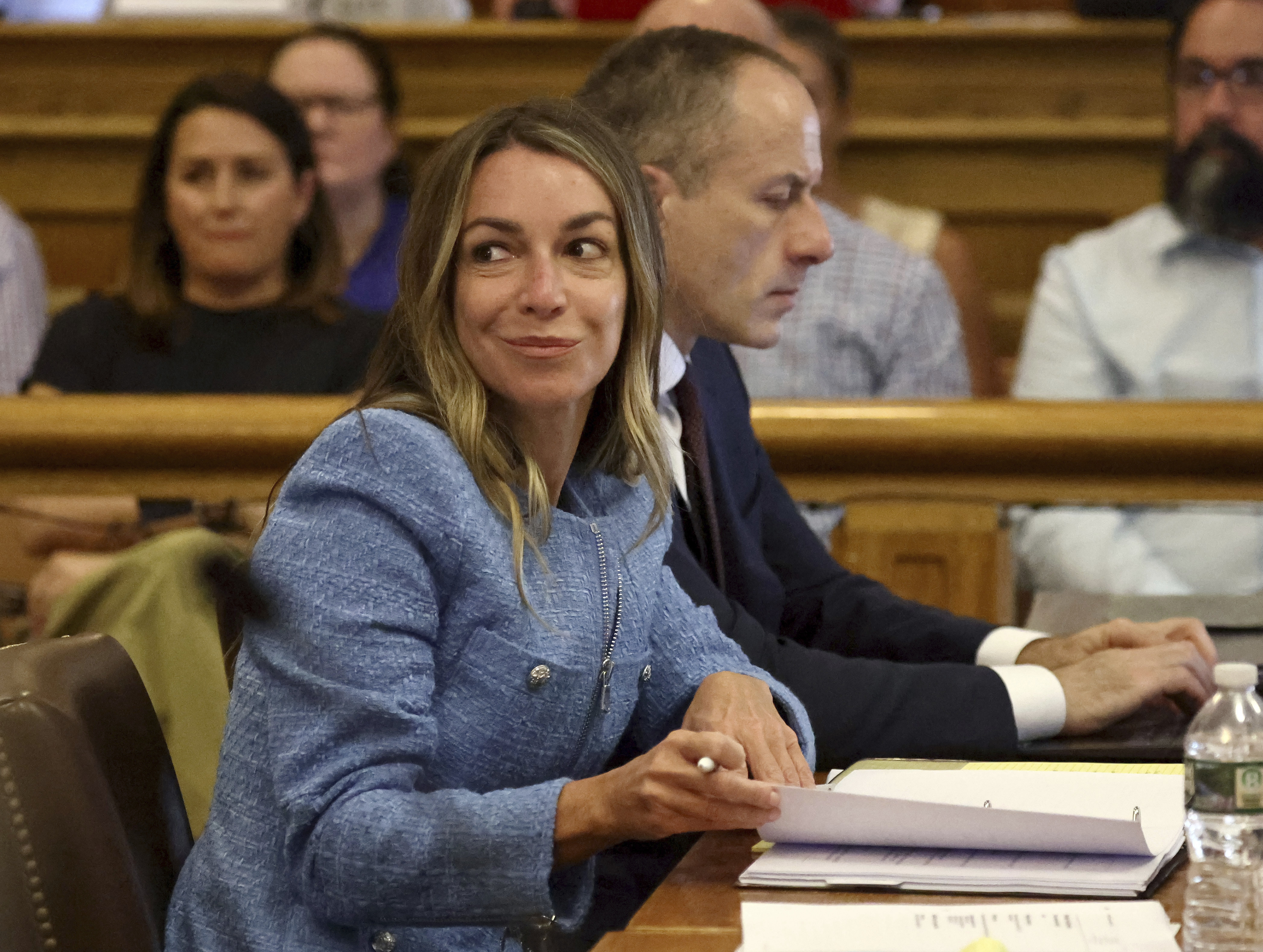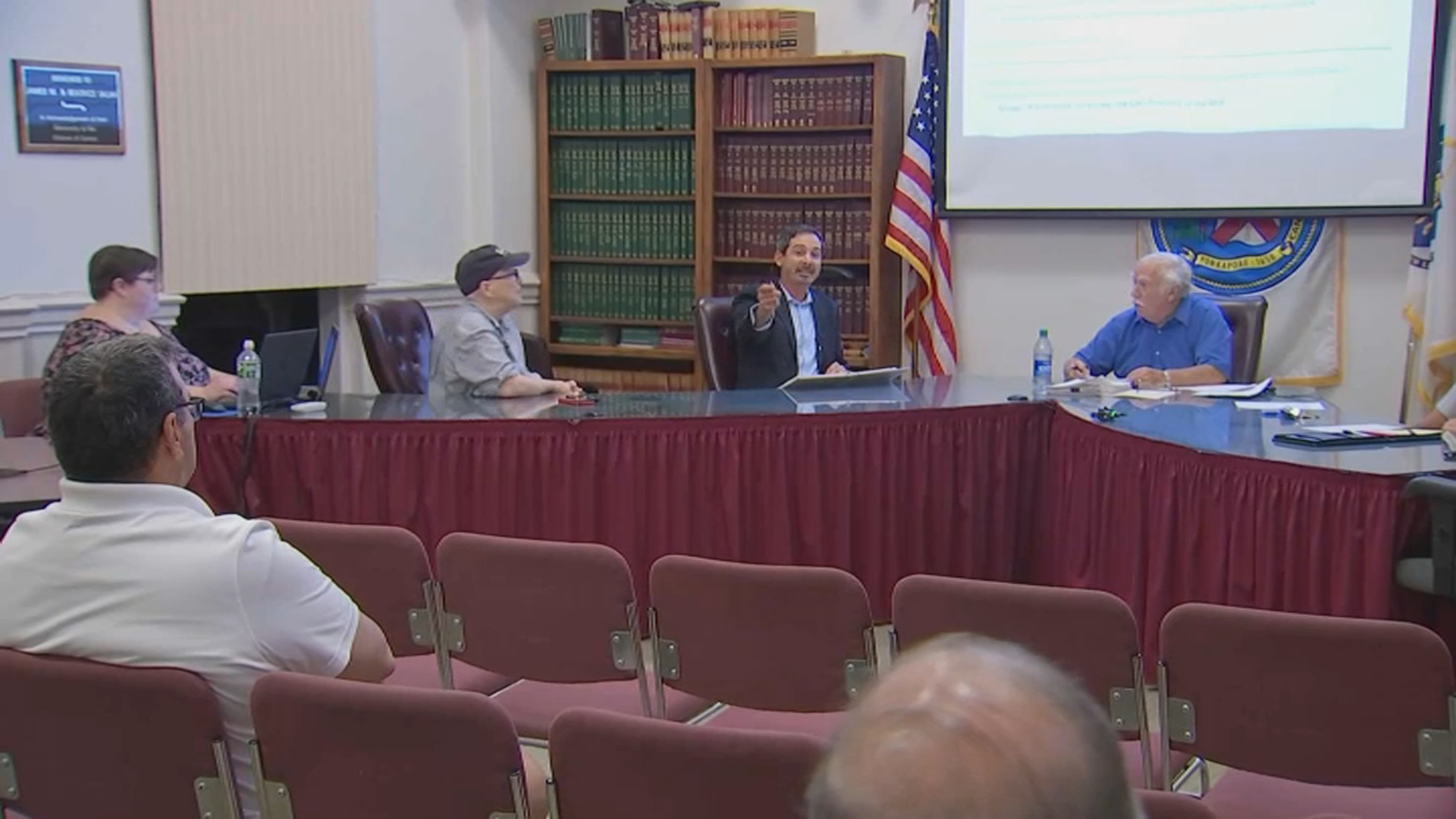The state's highest court has agreed to hear Karen Read's appeal, and her lawyers are expected to file a brief outlining their case by Wednesday.
The Massachusetts Supreme Judicial Court agreed last week to review the case. Read's lawyers are trying to get two of three charges against her dismissed, the major one being murder.
WATCH ANYTIME FOR FREE
Stream NBC10 Boston news for free, 24/7, wherever you are. |
The court set a Sept. 25 deadline for Read's defense team to file its brief on the case, and prosecutors have until Oct. 16 to file theirs. Defense lawyers will then have until Oct. 25 to respond to the prosecution's filing. Oral arguments could start as soon as November.
Read's legal team had filed an appeal last week of Judge Beverly Cannone's refusal to dismiss two of the three criminal charges against her.
Get updates on what's happening in Boston to your inbox. Sign up for our News Headlines newsletter.
Read, 44, is accused of ramming into her Boston police officer boyfriend John O’Keefe with her SUV and leaving him for dead during a January 2022 snowstorm. Her two-month trial ended in July when jurors declared they were hopelessly deadlocked and a judge declared a mistrial on the fifth day of deliberations.
Last month, Cannone rejected a defense motion to dismiss several charges, and prosecutors scheduled a new trial for January 2025. But Read’s attorneys appealed that ruling to the Supreme Judicial Court, arguing that trying her again on two of the charges would amount to unconstitutional double jeopardy.
Prosecutors said Read, a former adjunct professor at Bentley College, and O’Keefe, a 16-year member of the Boston police, had been drinking heavily before she dropped him off at a party at the home of Brian Albert, a fellow Boston officer. They said she hit him with her SUV before driving away. An autopsy found O’Keefe died of hypothermia and blunt force trauma.
The defense portrayed Read as the victim, saying O’Keefe was actually killed inside Albert’s home and then dragged outside. They argued that investigators focused on Read because she was a “convenient outsider” who saved them from having to consider law enforcement officers as suspects.
After the mistrial, Read’s lawyers presented evidence that four jurors had said they were actually deadlocked only on a third count of manslaughter, and that inside the jury room, they had unanimously agreed that Read was innocent of second-degree murder and leaving the scene of a deadly accident. One juror told them that “no one thought she hit him on purpose,” her lawyers argued.
But the judge said the jurors didn’t tell the court during their deliberations that they had reached a verdict on any of the counts.
The Associated Press contributed to this report.




